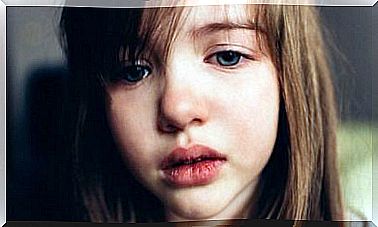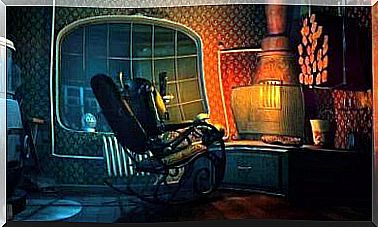5 Consequences Of Toxic Rearing
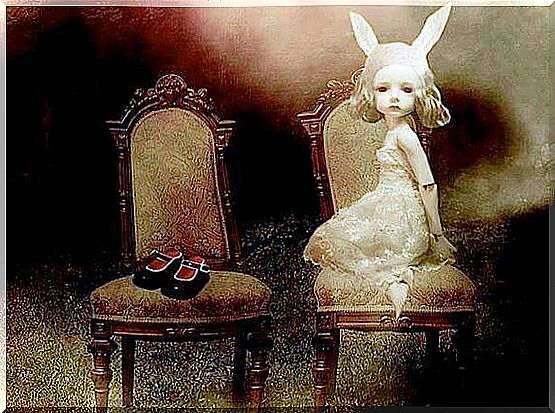
Childhood is that particular stage of life when we begin to know the world, evolve, and learn how to control the things and people we live with. On the other hand, it is a period when we are particularly vulnerable and dependent. Thus, what happens to us in childhood remains part of us, making it difficult to control.
This is true of all of us; was our childhood mostly happy or not. Our own childhood can even be an advantage or a disadvantage that we get by chance trade and over which, in a way, we don’t have much say.
In TV series or movies, we are often presented with a portrait of a disturbed individual whose childhood has been filled with awkward interpersonal relationships, either directly or indirectly.
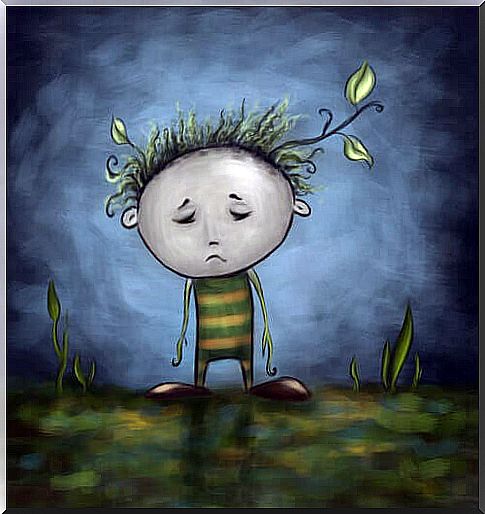
But what about the reality, what are the most common consequences of experiencing a toxic childhood?
1. Bitter mind
This stage, like all the others that make up our life story, will not return once we have experienced it. Toxic childhood usually means a sad, unhappy or difficult childhood.
In many cases, not having the opportunity to experience those years the way we would have liked fills us with bitterness toward the people around us at the time. In other words, our emotional connections from childhood are preserved, often emerging as a conflict between love and sadder feelings .
These conflicting feelings are not the product of opportunity, but rather the result of an understanding of the injustices, mistrust, fear, rejection, and humiliation we once suffered.
2. Difficulty building relationships with others
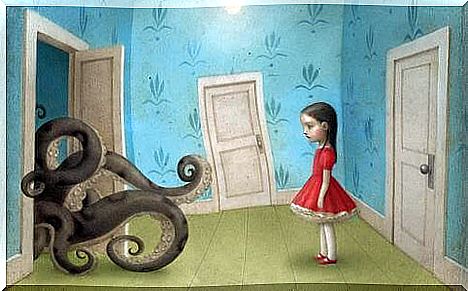
The way we form human relationships begins to evolve during our first years of life. We learn how we need to express ourselves or how to manage quiet moments for our communication to be effective.
During childhood, relationship patterns such as violence or coercion are very easy to learn and reproduce as a replica of the past. These become difficult ways to “learn” if we as children saw others use them effectively to achieve their goals in relationships.
While we have very little say in our interpersonal education, if we get used to toxic behaviors as children, we will pay the price for the negative consequences as adults. At some point, it is likely that we will pay a high price for our inability.
3. Distorted perception of self
Toxic childhood as a concept does not only refer to a lack of affection or intimacy or to suffering from unjustified punishment or indifference. It also involves being with people who never recognize their own mistakes or who are overprotective about the child, preventing them from facing the mistakes they have made, and exposing them to a picture of invulnerability and perfection that is far from what they will encounter later in life.
In this sense, the individual grows up believing that he is something he is not really, creating an ignorance that they will eventually pay dearly.
4. Fewer opportunities to develop emotional intelligence
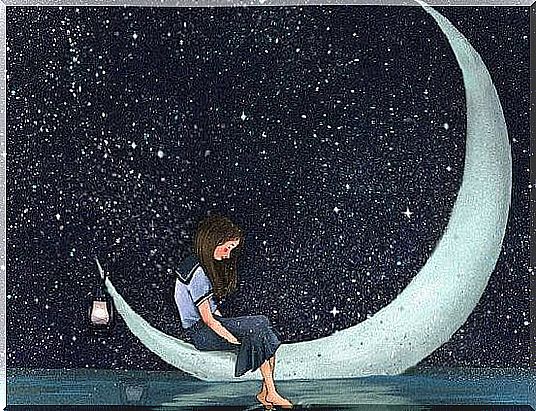
Mathematics, mother tongue, foreign languages… All of these subjects are part of academic curricula. However, something just as useful — managing our emotions — is beyond systematic teaching.
The fact that no one has bothered to teach us how to control our own feelings does not mean that we have not learned it; we end up learning it ourselves by observing others.
Toxic childhood means that those people who are closest to us or who serve as benchmarks for us have underdeveloped emotional intelligence. This can be very detrimental during our childhood, later making us vulnerable in the most fundamental ways.
5. Possibility to repeat the model in parenting
The upbringing we experience as children in most cases serves as the foundation for teaching our own children when we are adults. If it is indeed true that we often unknowingly repeat certain patterns of action and behavior, we must make considerable effort to steer our lives in a healthy direction.
But while people who have suffered a difficult childhood find development more difficult, they may eventually make a comeback and figure out what they should never have been denied.
In this way and over time, they will eventually stand out from the crowd more because of what they have achieved than what has hurt them, becoming people who deserve our admiration.


